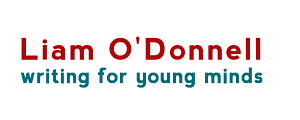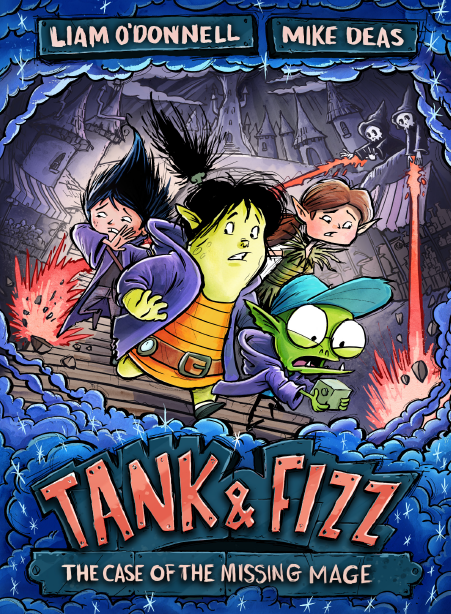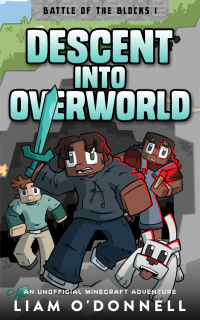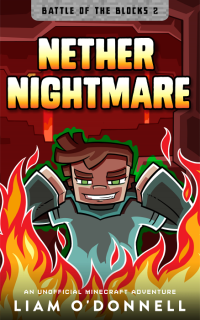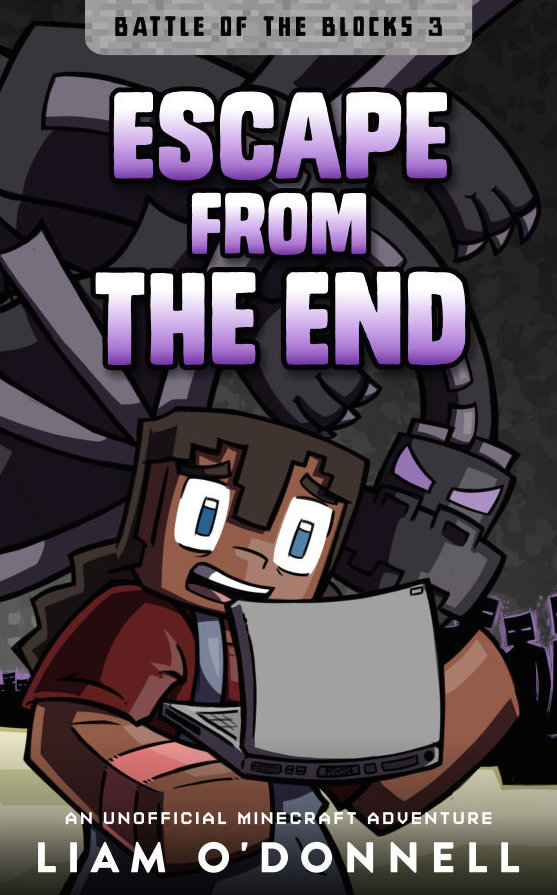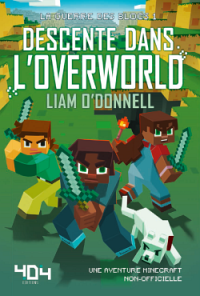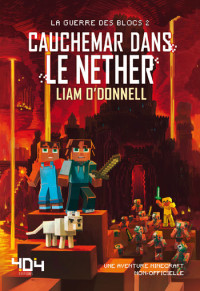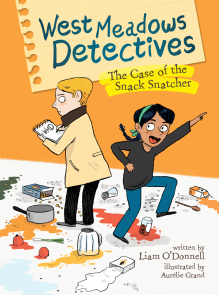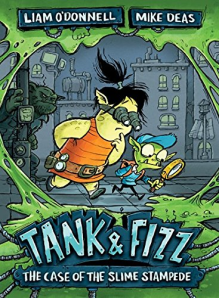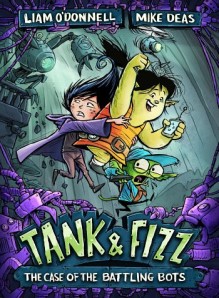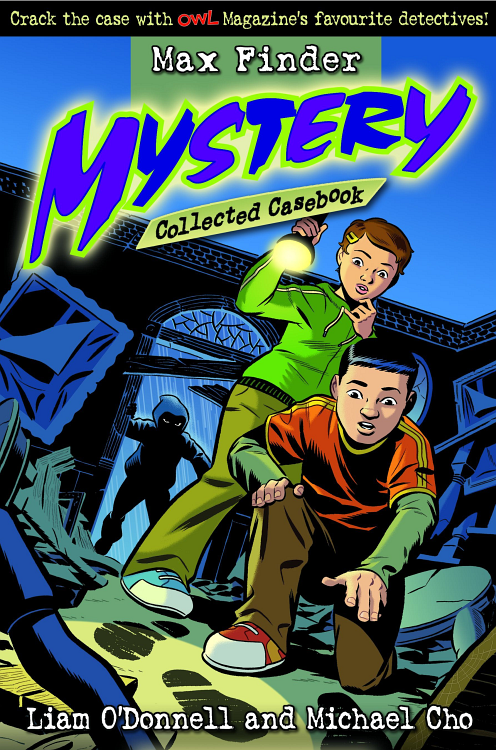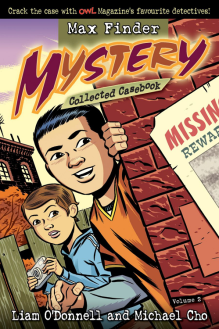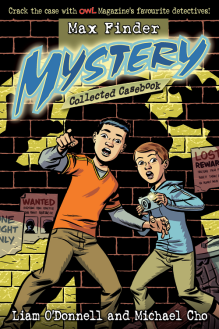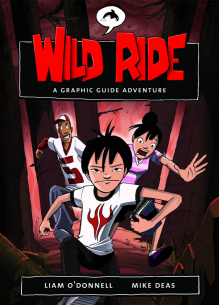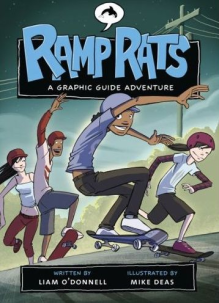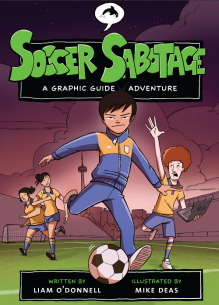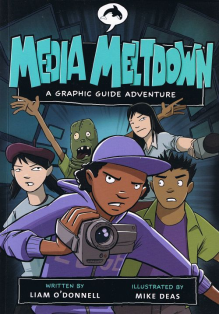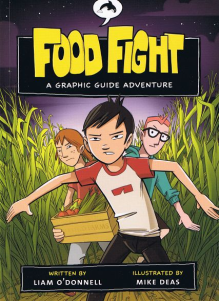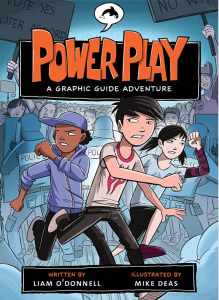Today is going to be a good day. The sun is shining and I have several great science fiction stories to read. They’re all part of the Visions of Science Imagine 2008 young writers competition and I have the honour of being one of the competition judges.
What is Visions of Science? From their website:
Visions of Science Network for Learning Inc (VoSNL) is a not-for-profit organization that advances the educational achievements and career aspirations of African Canadian and other under-represented youth in the fields of science, mathematics and technology.
In addition to running weekly science clubs and student science exhibitions, VoSNL also runs the Imagine short story and poster contest. Students from across Canada were challenged to write and submit a short science fiction story that features a protagonist who is a visible minority. The winners of the competition will be recognized at the upcoming VoSNL 17th Annual Science & Technology Symposium in Toronto on May 10th, 2008.
I’m honoured to be judging this year’s competition. Initiatives like Imagine give students the power and the voice to create their own narratives and place themselves into fabric of learning about science. This is a transformative act that not only empowers youth by seeing themselves and others like them in the context of science, it also shines a light on lack of representation in much writing for young people in North America. Despite living in an amazingly diverse society, a quick survey of children’s literature (new releases and old) will show you that the vast majority of the heroes in these stories are white (usually middle class, often private/boarding schooled.) This is especially true in the genres of science fiction and fantasy. Next time you are in the children’s section of your local bookstore, do a quick scan of the covers and see how much diversity is staring back at you. I would bet it is depressingly little.
This is one case where you can judge a book by its cover, because this is what young readers do. If they don’t see themselves represented, it becomes just one more hurdle to turning that learner into a passionate reader.
Taken further, it becomes clear that this homogeneous blanketing of the heroes of childern’s literature is one of the many reasons why today’s youth don’t see themselves reflected in the curriculum. The result of this is disengage from school.
For these reasons alone, I am excited, honoured and eager to dive in and get some sci-fi reading done. As a sci-fi fan and writer, I am really looking forward to seeing what the imaginations of young people have created. So far, all the stories are great and full of surprises. But I know one thing for sure: picking a winner is not going to be easy.
